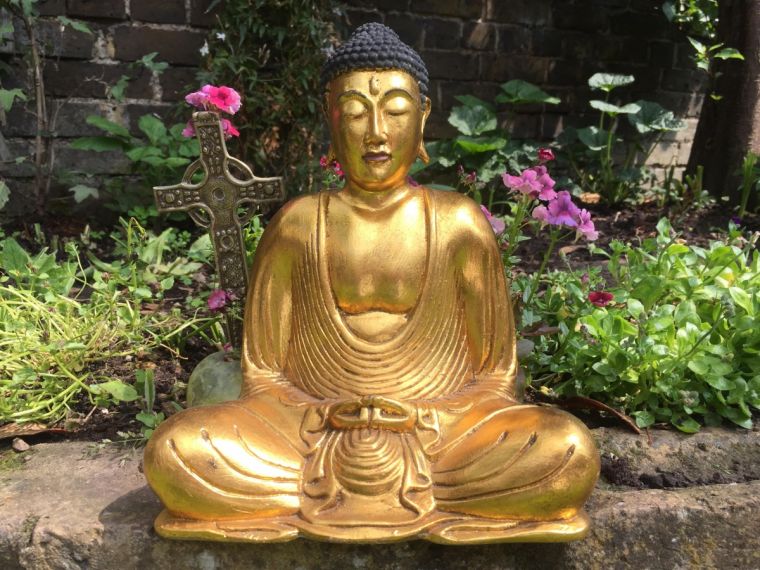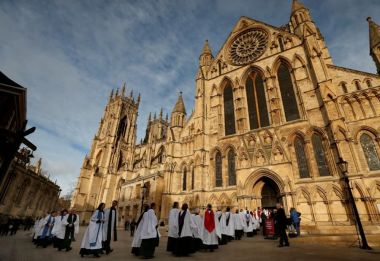Evangelical Christians condemn introduction of Zen Buddhism to York Minster

A leading adviser to the Archbishop of Canterbury has warned that Buddhist meditation introduced by a key cathedral in the north of England breaches the bounds of Christian orthodoxy.
Dr Ian Paul, a highly-regarded conservative evangelical member of the Archbishops' Council, and also a regular commentator for Christian Today, writes on his Psephizo blog, says the setting up of a "sangha" or community for Buddhist meditation at York Minster illustrates the "nonsense" of the so-called "broad church".
The revelation of Buddhism being practised at York Minister was doubly embarrassing because it came on Pentecost, which this year was chosen by the Church of England as the culmination of a week of prayer for the evangelisation of the nation.

The 20 members of the Buddhist group, set up by Canon Chancellor Christopher Collingwood, meets each Friday to meditate for an hour and a half.
Collingwood told the Telegraph he was "religiously bilingual". He said: "There is a recognised phenomenon now which is explored in research, called 'dual religious belonging' where it is recognised that people have a foot in more than one religious camp."
If anything, he added, he had been surprised how uncontroversial the creation of the sangha had been.
"Funnily enough I have been quite surprised at the number of people who are really interested in it, who don't seem to raise their eyebrows. I'm sure there are those who think I'm an out and out heretic but it seems to me perhaps Zen poses fewer problems than other non-Christian customs because it doesn't claim to be a system of doctrine or belief."
Paul however says Zen Buddhism is directly at odds with Christian belief.
The York Minister sangha is led by Collingwood and his wife, under the direction of Fr Patrick Kundo Eastman Sensei, a Roman Catholic priest and Zen master from the Wild Goose organisation, who often does Zen days at York.
Paul accuses Collingwood of being "in breach of his ordination vows" in which he promised to minister "faithfully" so that people in his care can be "defended against error and flourish in the faith."
He writes: "As long as there are, in effect, no boundaries to what is considered orthodox Anglican Christian belief, and what it is acceptable for clergy to teach—particular clergy in prominent roles—and no mechanism for bishops to act to address this, then the Church is hamstrung in its commitment to discipleship and evangelism."
Andrea Williams, of Christian Concern, told Christian Today: "It is tragic to discover that another religion is being practised in York Minster and being promoted by a senior clergyman of the cathedral community.
"It clearly contradicts his ordination oath. It is a dangerous deception that undermines the gospel and dishonours Jesus Christ. The Church of England must take swift and decisive action to protect people. Not to do so will raise big questions about the credibility of its current prayer and evangelism initiatives."











